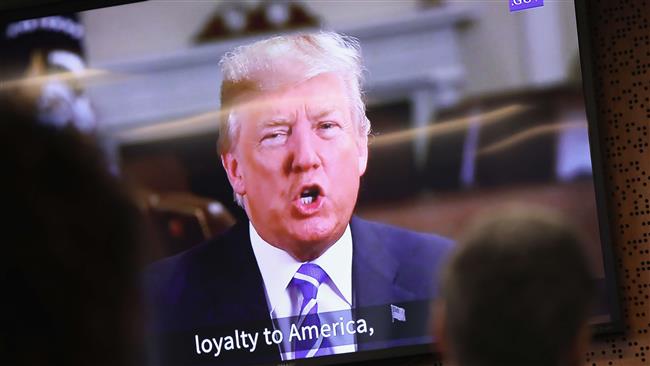
RNA - "It's critically important that we know who is entering the United States," said Homeland Security Secretary Kirstjen Nielsen.
"These additional security measures will make it harder for bad actors to exploit our refugee program, and they will ensure we take a more risk-based approach to protecting the homeland,” Nielsen added.
The 11 countries, which were hit with a ban in October by the US President Donald Trump administration's revised refugee policy, have not been identified officially. However, according to refugee groups, they comprise Egypt, Iran, Iraq, Libya, Mali, North Korea, Somalia, South Sudan, Sudan, Syria and Yemen.
A senior administration official said on Monday that the policy of enhanced security assessments for the 11 countries was not designed to target Muslims, although the list includes mostly Muslim-majority nations.
"Our admissions have nothing to do with religion," the official said speaking anonymously , adding that there is "nothing especially novel" about tougher screening for countries deemed to have a higher level of risk.
During the 2016 presidential race, Trump campaigned for "a total and complete shutdown" of Muslims entering the United States on the pretext of preventing terrorist attacks.
Trump has said the restrictions are needed to tighten security and prevent terrorist attacks. Opponents say the ban violates the US Constitution because it discriminates against Muslims and certain nationalities.
847/940